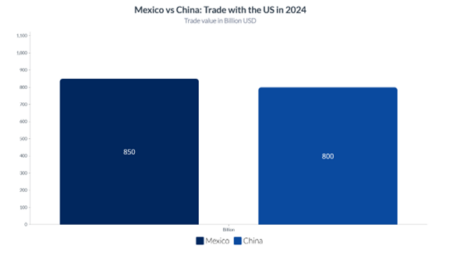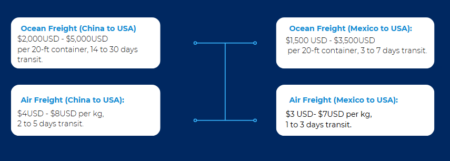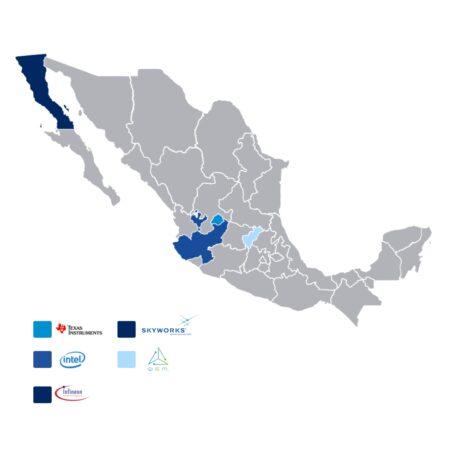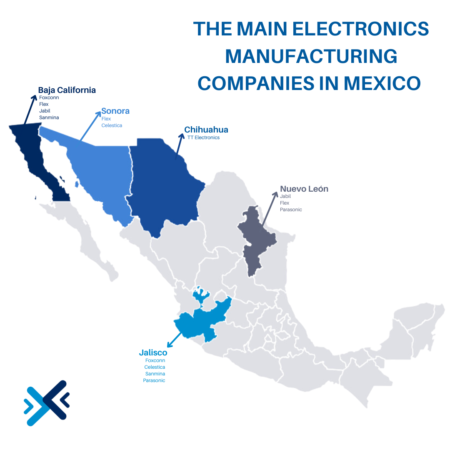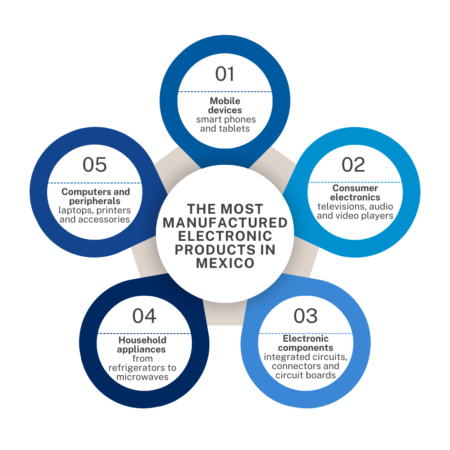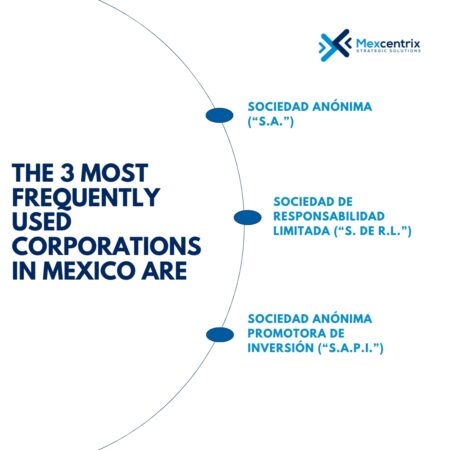Shelter companies in Mexico: Understanding the Main Types
Expanding operations into Mexico is a strategic move for many foreign businesses but navigating the complex regulatory and administrative landscape can be challenging. Shelter companies provide an effective solution, allowing businesses to establish a presence in Mexico without dealing with legal and administrative burdens. There are several types of shelter companies, each offering different levels of service and flexibility. Understanding these models can help businesses choose the right fit for their needs.

- Shared Shelter
A Shared Shelter model enables multiple companies to operate under a single legal entity. This approach allows businesses to share critical regulatory registrations, such as the Importers Registry, IMMEX permit, and VAT & IEPS Certification. Since administrative services like payroll, human resources, and accounting are shared, companies benefit from lower operational costs. This model is ideal for businesses looking for a cost-effective way to establish operations in Mexico with minimal risk and legal exposure.
- Dedicated Shelter
In a Dedicated Shelter model, the foreign company operates under an exclusive legal entity owned by the shelter service provider. Unlike the Shared Shelter model, this entity is not shared with other businesses. Under this model, companies can still benefit from a full administrative support. Companies opting for this model typically require greater operational autonomy but prefer to avoid the legal complexities of creating their entity.
- Independent Shelter
The Independent Shelter model allows foreign companies to establish their legal entity in Mexico while still leveraging of the administrative expertise of a shelter service provider. This model is best suited for companies that want to have legal presence in Mexico and full ownership of their operations but that need assistance in managing compliance, HR, payroll, and other administrative functions.
- Flexible Shelter / Stand- Alone Administrative Services
For businesses that do not require the full shelter service and only need a third party company to take care of some administrative services, some shelter service providers offer this solution. In this scenario, companies can select only the specific administrative functions they need, such as payroll, HR, foreign trade, accounting or tax services, without committing to a full-service package. This is ideal for businesses that already have some operational capabilities in Mexico but need support in specific areas to enhance efficiency and compliance.
- Contract Manufacturing with Shelter
Unlike other shelter models that primarily focus on administrative services, the contract manufacturing with shelter also integrates production capabilities. There are only a few shelter companies in Mexico that are also contract manufacturers and that operate under this approach. In which they actively participate and get involved in the whole manufacturing process. This model is particularly advantageous for businesses looking to outsource production.
Choosing the Right Shelter Model
Selecting the appropriate shelter model depends on various factors, including the business strategy of the company and of the expansion, the complexity of operations, and cost considerations. Businesses seeking to entry into Mexico with reduced risk and legal exposure may find the Shared Shelter model appealing, while those requiring exclusive legal entities may prefer the Dedicated or Independent Shelter options.
By understanding these shelter models, businesses can make informed decisions that align with their strategic goals and operational requirements, ensuring a smooth and efficient expansion into Mexico. For more insights into how shelter companies can help your business, consider contacting Mexcentrix, which in addition to the shared, dedicated and independent shelter also offers the Flexible Shelter / Stand- Alone Administrative Services solution.
We adapat to your company needs and requirements. Contact us!



